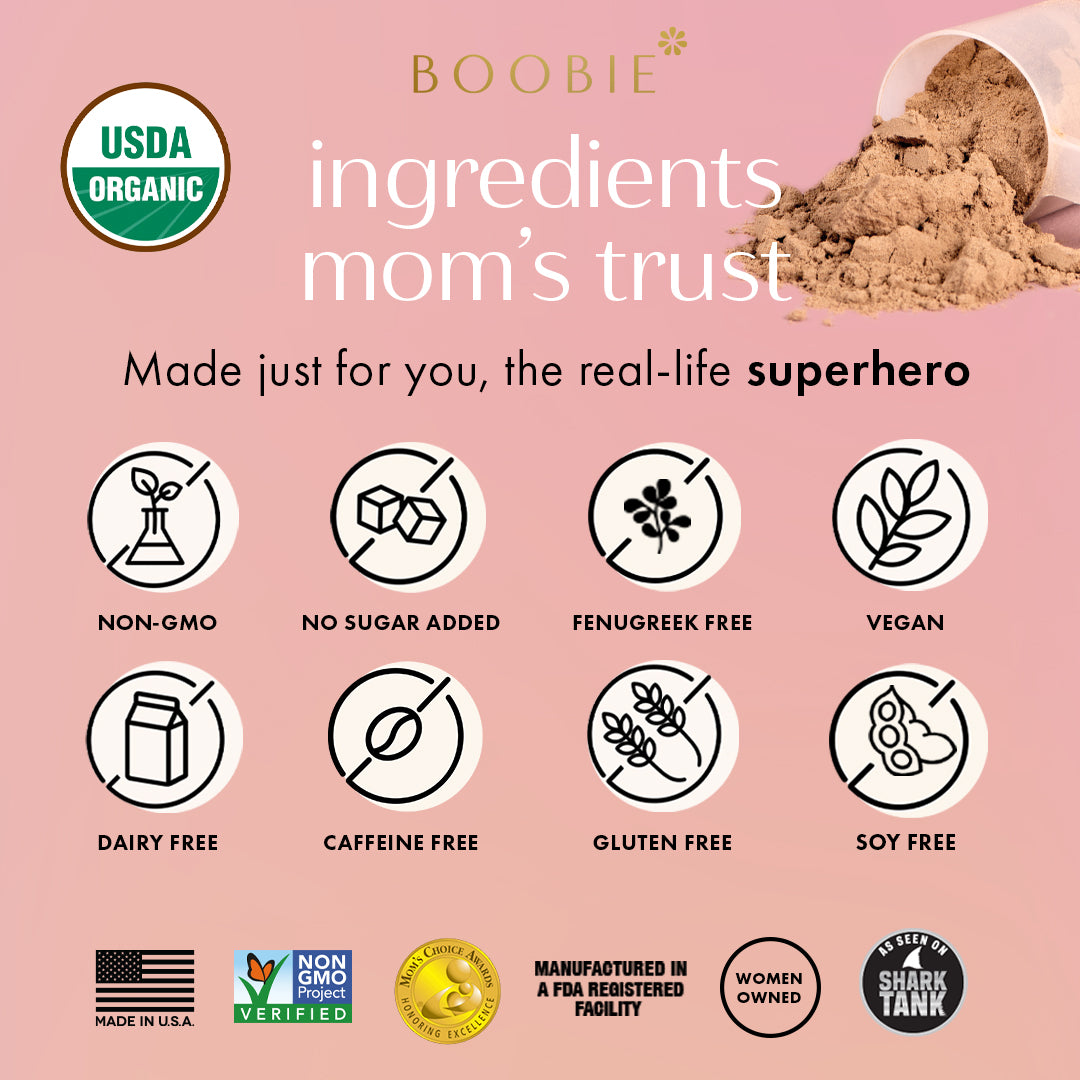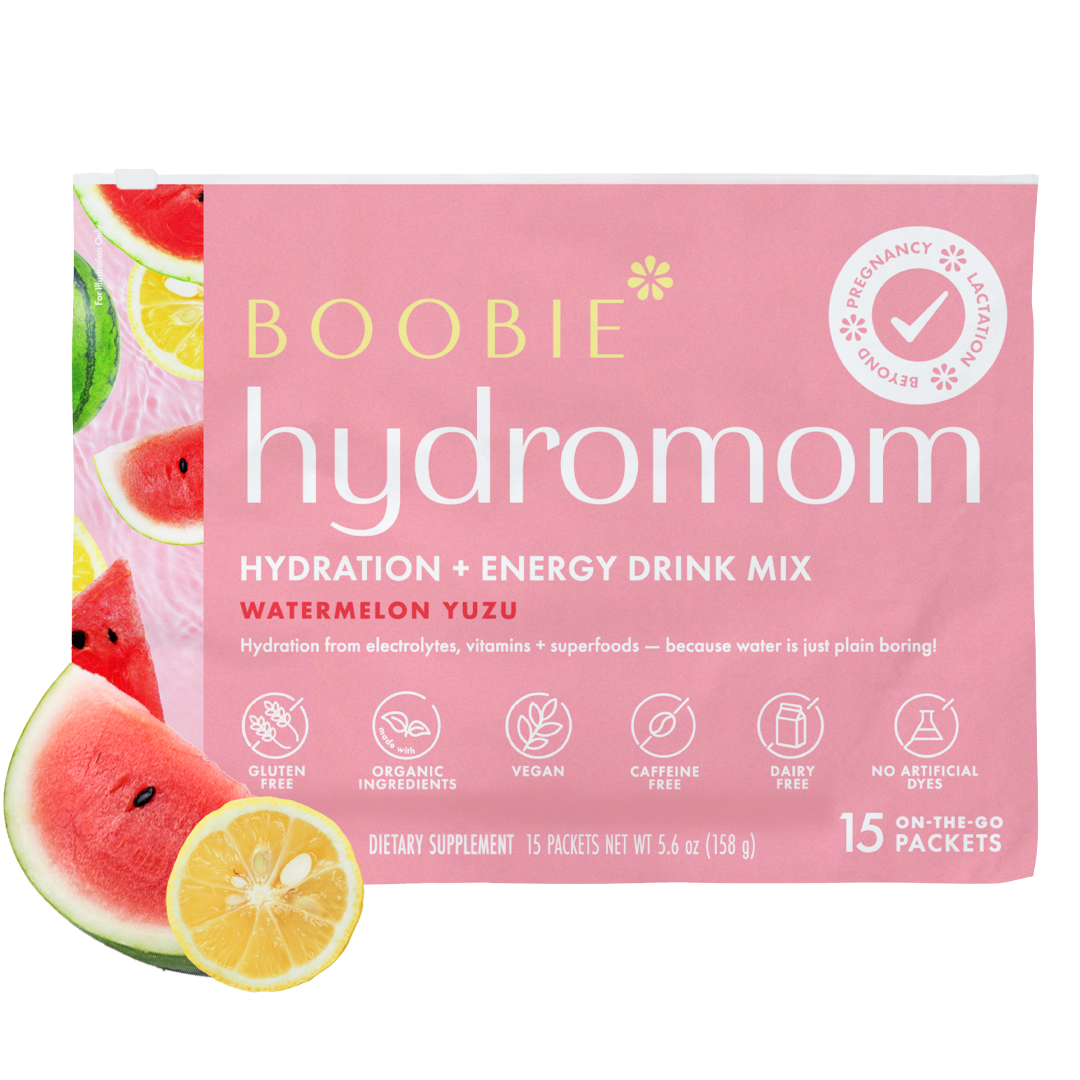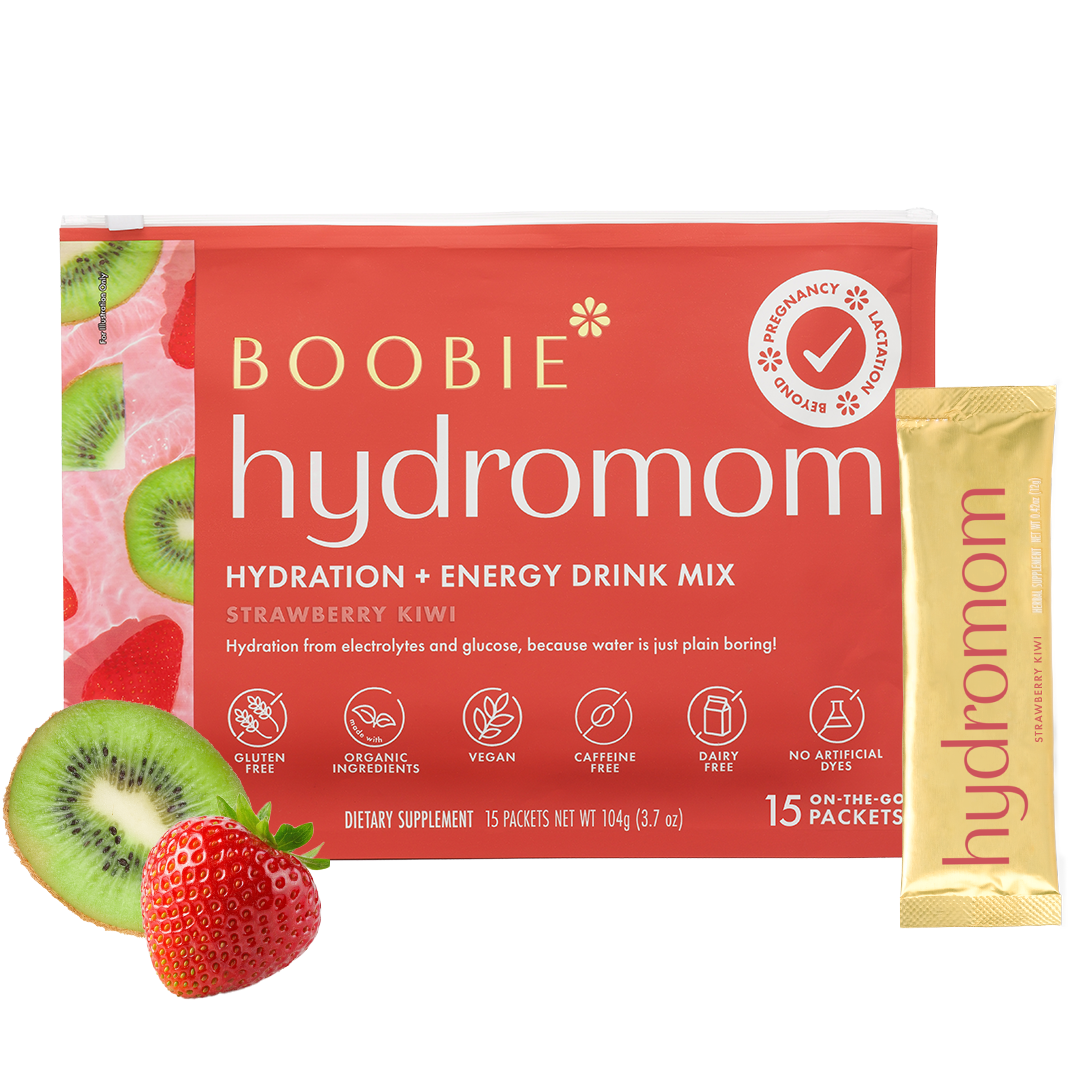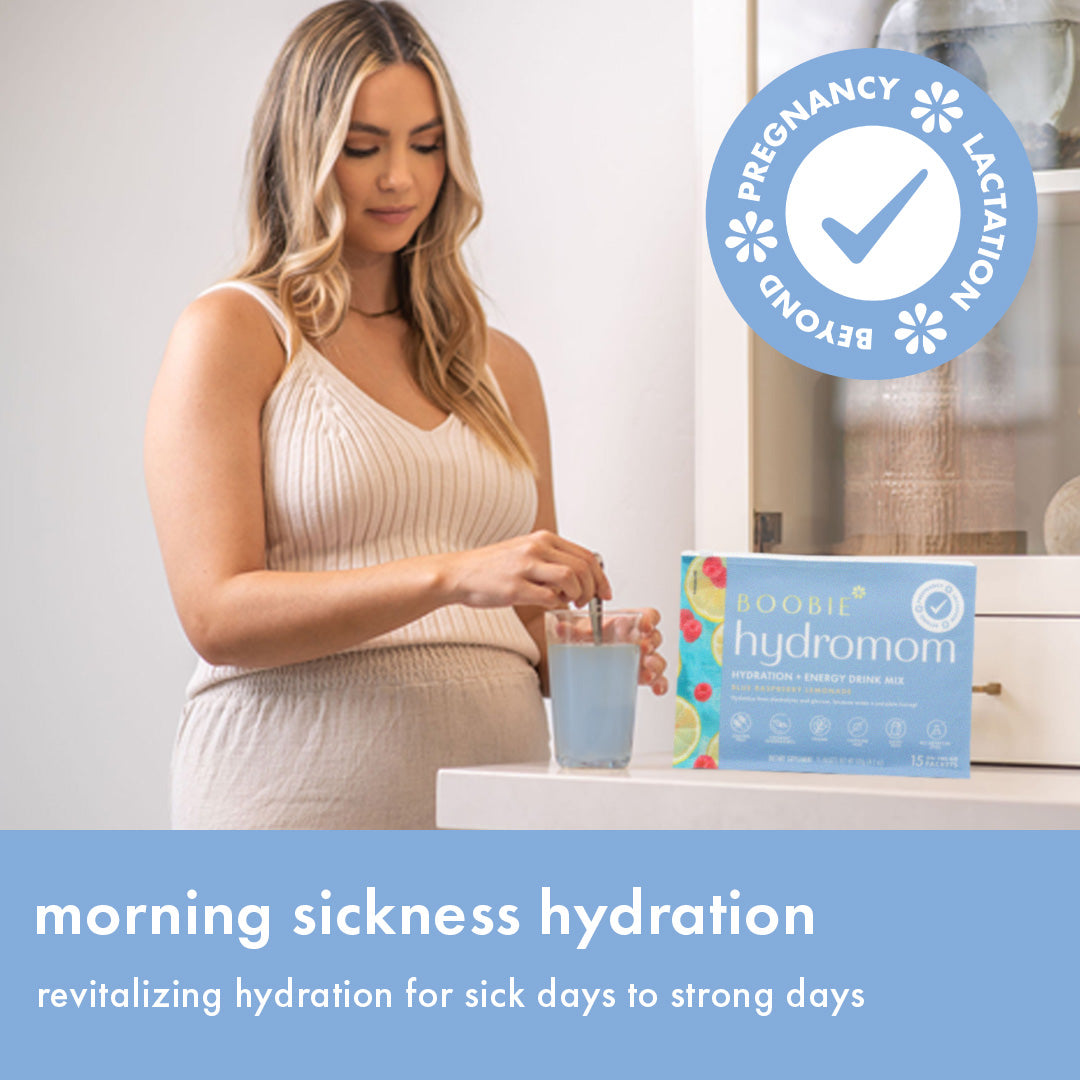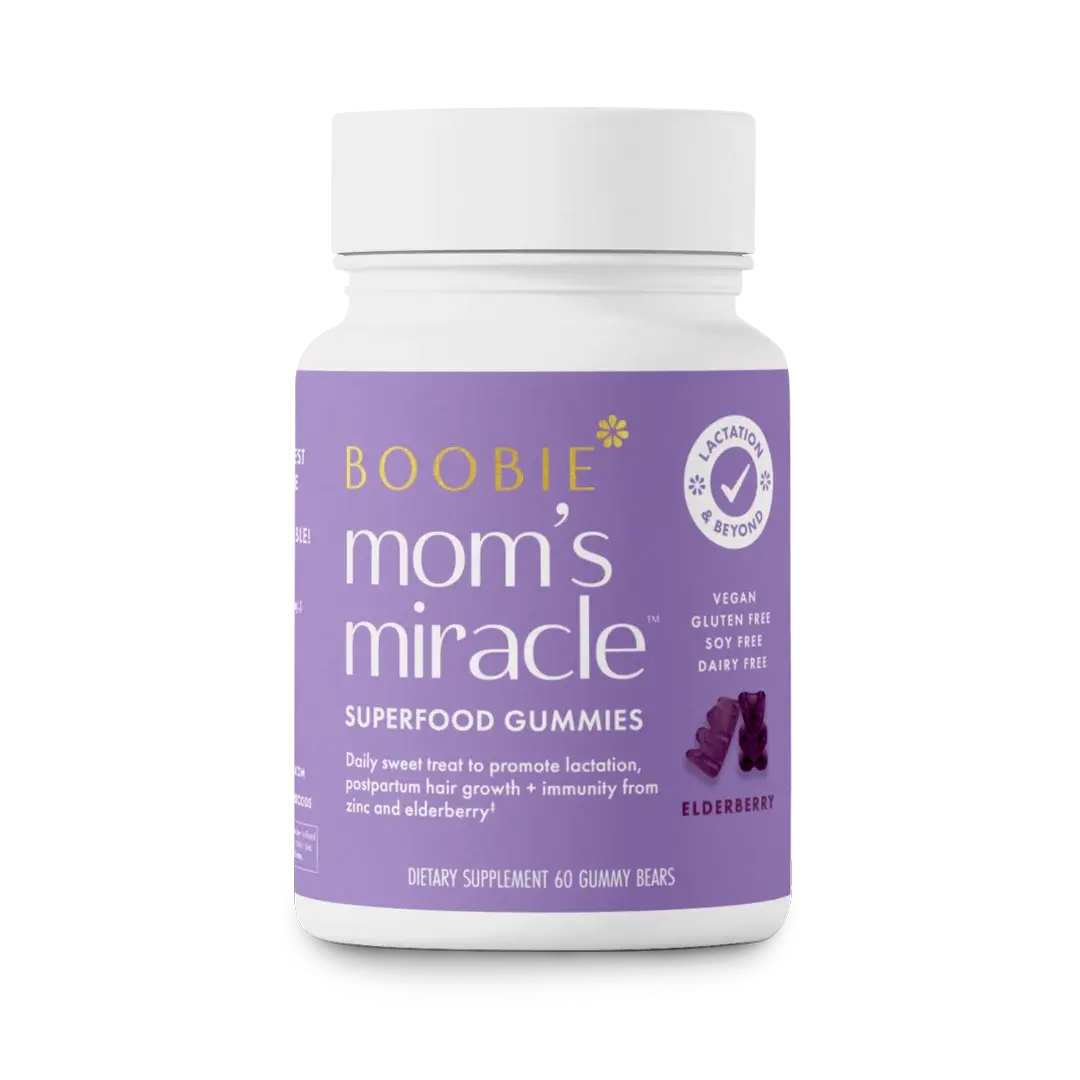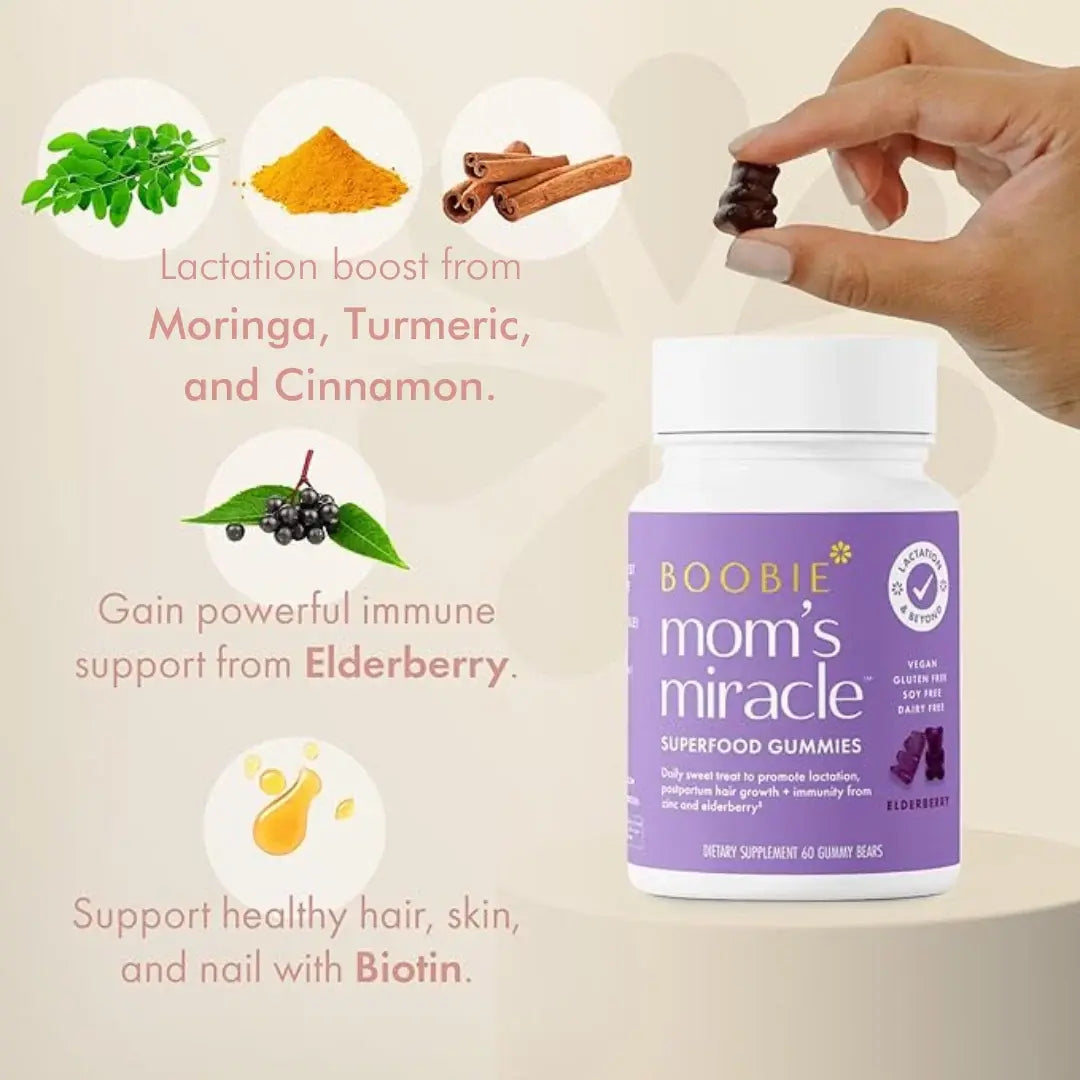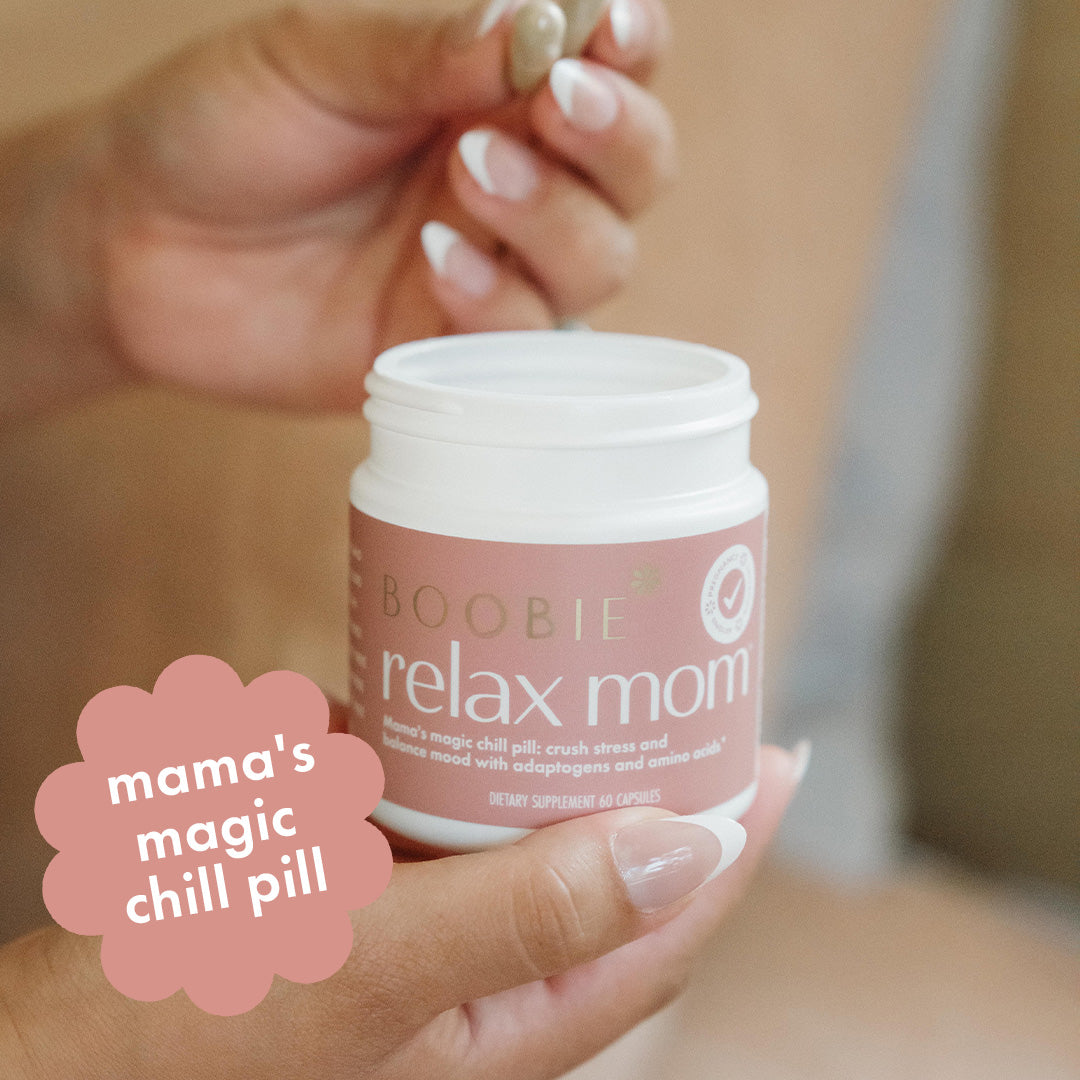For many moms, the postpartum period is a time of mixed emotions, which can be heightened during the holiday season. It’s important to recognize that your mental health is just as crucial as your physical health during this period. Nurse Wendy recommends these tips to help you navigate this hectic, packed, emotional, yet joyous time of the year:
1. Set Realistic Expectations
It’s easy to have a picture-perfect idea of what the holidays will look like, but the reality can be much different. Some days will be easier than others, and it’s important to set realistic expectations. You’re not failing if things don’t go perfectly. Accepting that motherhood is a process, with its highs and lows, can help relieve some of the pressure.
2. Prioritize Sleep and Rest
Sleep deprivation can make everything feel more overwhelming. While it may seem impossible to get enough rest with a growing family, try to sleep whenever you can. Accept help from family or friends to give yourself breaks for rest. If your baby is nursing frequently at night, consider pumping and having a partner help with some feedings to allow you extra sleep.
3. Take Care of Your Body
Breastfeeding and parenting is a physically demanding task, so taking care of your body is essential. Stay hydrated, eat nourishing meals, and consider gentle forms of exercise like walking or stretching to help alleviate stress. Physical self-care can support your emotional well-being and boost your energy.
4. Make Time for Yourself
Even small moments of self-care can make a big difference. Whether it’s a quiet cup of tea, a relaxing bath, or just stepping outside for a breath of fresh air, making time for yourself can help restore your emotional balance. Prioritize activities that make you feel good, even if only for a few minutes each day.
5. Connect with Other Parents
Parenting can sometimes feel isolating, especially if you’re facing challenges that others seem to breeze through. Connecting with other parents who are going through similar experiences can provide a sense of community and validation. Consider joining a local motherhood support group or an online community where you can share your struggles and successes.
6. Be Gentle with Yourself
It’s okay if everything doesn’t go exactly as you planned. There is no one “right” way to do it—what matters most is that you and your children are happy and healthy.
When to Seek Help
If you’re feeling overwhelmed, sad, or anxious about the holidays or any other aspect of postpartum life, it’s important to seek help. Your mental health matters, and you don’t have to navigate these challenges alone.
1. Reach Out to a Lactation Consultant
If you’re struggling with breastfeeding challenges that are affecting your emotional well-being, a lactation consultant can help. We can work with you to find solutions that make breastfeeding more comfortable and manageable. Sometimes, a small adjustment in technique can make a big difference.
2. Talk to a Mental Health Professional
If you’re experiencing symptoms of postpartum depression or anxiety—such as feeling persistently sad, hopeless, or anxious, or having difficulty bonding with your baby or kids—it’s crucial to speak with a mental health professional. Postpartum depression is treatable, and getting help early can make all the difference.
3. Lean on Your Support Network
Don’t hesitate to lean on friends, family, or your partner for emotional and practical support. Let them know how you’re feeling, and don’t be afraid to ask for help with tasks like baby care, household chores, or just giving you a break when you need it.
Motherhood is an emotional journey, and it’s normal to feel a wide range of emotions—both positive and challenging. Remember that it’s okay to ask for help when you need it, and it’s important to take care of your mental health as much as your physical health.
As an IBCLC, I’m here to support you every step of the way, offering both practical solutions and emotional guidance to help you navigate this season with confidence and compassion.











